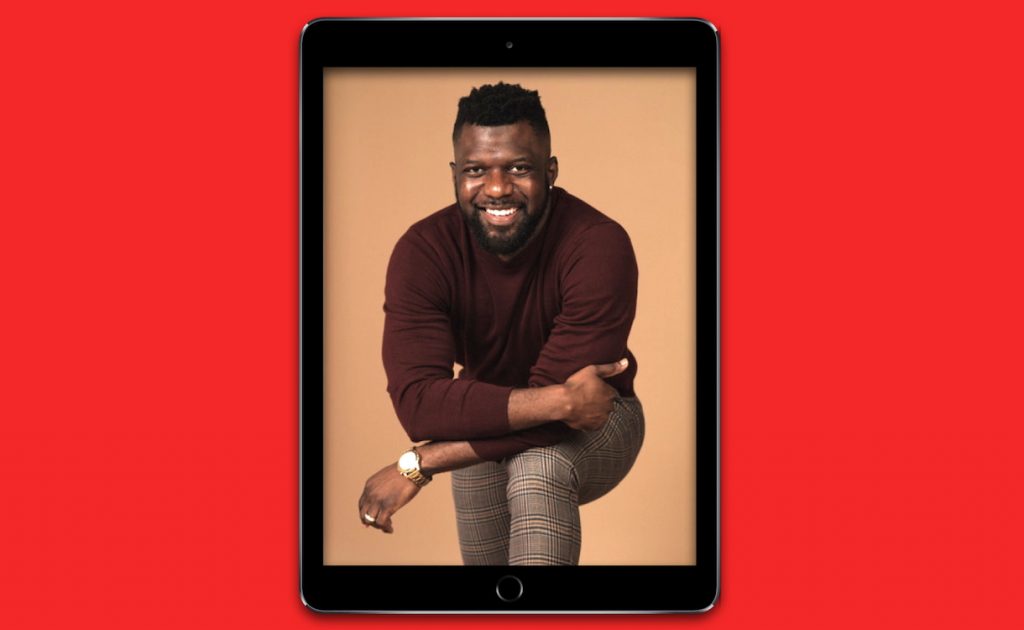
During the month of February, we will be highlighting conversations that I feel are necessary for educators as well as for the recognition of Black History Month. These conversations are sparked by photos and articles I’ve seen on Twitter about How Not To Celebrate Black History. The gist: for anyone’s participation in Black History Month to not come across as performative it’s important to understand the culture and experience of Black people in America. As some educators begin to celebrate Black history during the month of February, African American males continue to face a bleak future in 2021. According to the Bureau of Justice Statistics, one in three Black men can expect to go to prison in his lifetime.
The Center for American Progress found that individuals of color have a disproportionate number of encounters with law enforcement, indicating that racial profiling continues to be a problem. The organization issued a report in 2012 that shows Black and Hispanic motorists were approximately three times more likely to be searched during a traffic stop than white ones.
Meanwhile, the media plays a significant role in the shaping of perceptions of Black men. A 2015 study by Color of Change found that, while 51 percent of the people arrested for violent crime in New York City are Black, 75 percent of the news reports about arrests highlighted Black alleged perpetrators. And a 2011 study by The Opportunity Agenda showed that negative mass media portrayals of Black men and boys, constantly reinforced in print media, on television, the internet, in advertising, and video games, shape public views of and attitudes toward Black men and even “make these positions seem natural and inevitable.”
Our guest, Assistant Principal Ricardo Bates, works extensively to change this narrative. Ricardo is passionate about mentoring students of all cultures but understands that reaching Black youth during COVID-19 is a priority. He has spent six years in education advancing the ranks from his start as an English teacher to his current role. He played college football at the University of Houston, where he discovered a passion for filmmaking and storytelling. In his films, Ricardo depicts the struggles that young Black men face and overcome through sports and teamwork, and their victories.
In this episode, we speak with Ricardo about his experience with mentoring African American youths. We also discuss how students thrive when teachers build relationships with them and create authentic learning experiences. I also asked him about his film The Prattville Way, his production company The BateHouse, and his newest movie “Fruit.”
—William Jeffery is curating Flipboard EDU Podcast
“Coach Jeffery” is an award-winning digital learning educator and assistant principal at Columbia High School in Texas. His tech pedagogy continues to drive him to curate educational content on Flipboard that highlights teaching strategies, edtech, and ways to improve student success. He started co-hosting the “Flipboard EDU Podcast” as yet another way to share resources with his peers.

